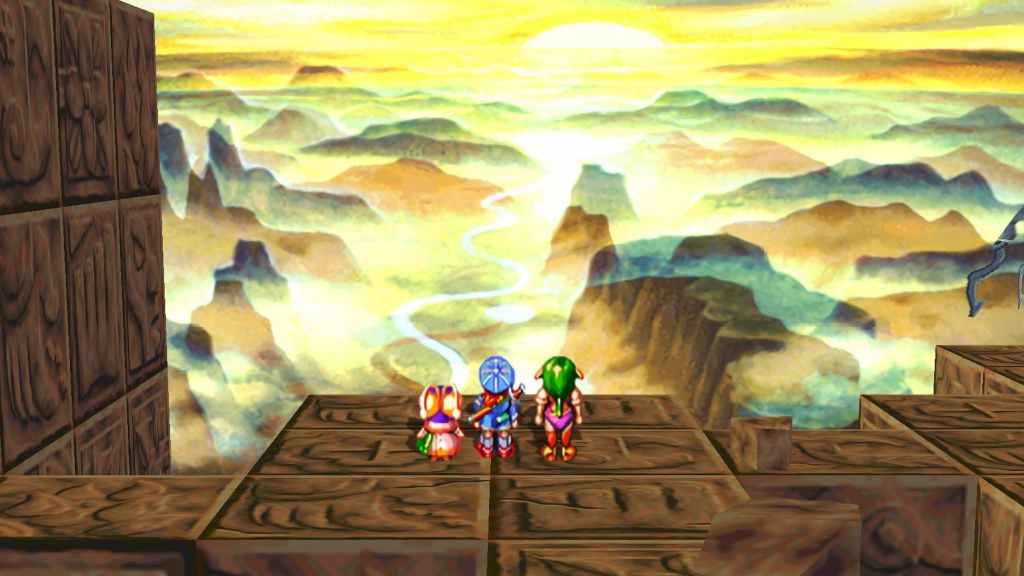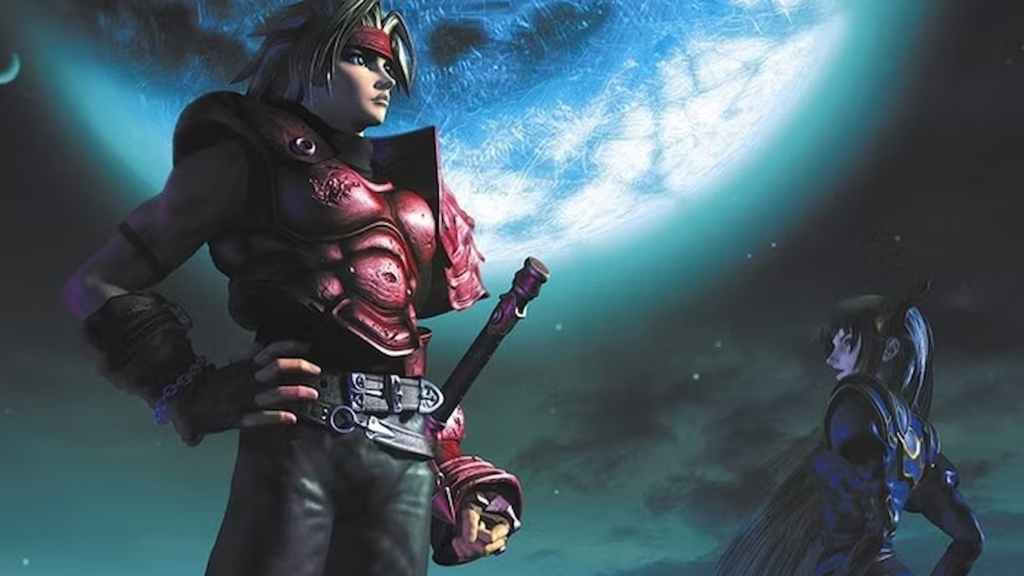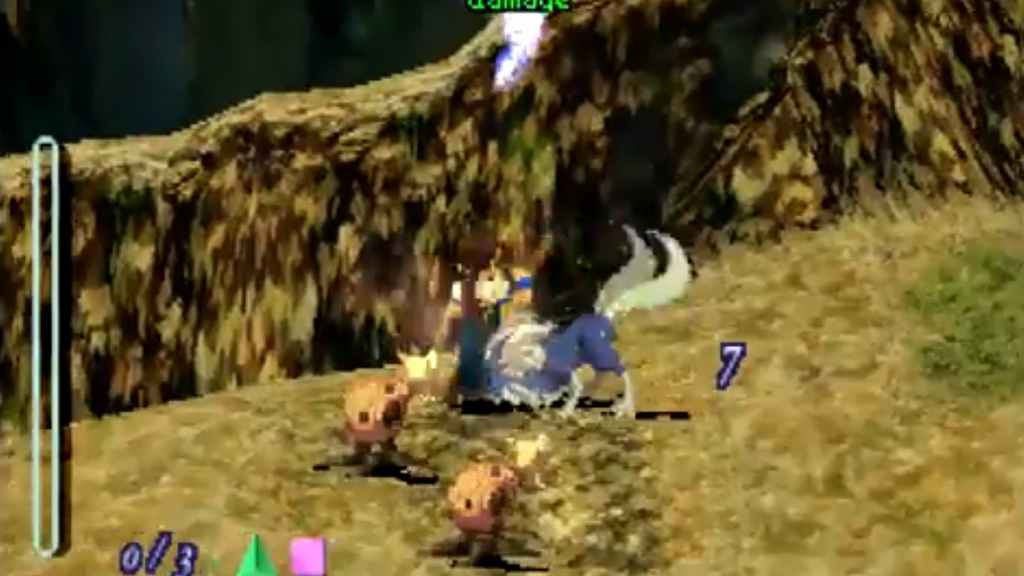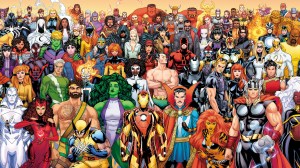Role-playing games have always stood at the heart of gaming’s most memorable storytelling. From sprawling worlds to unforgettable characters, the genre has given players countless adventures to lose themselves in. One franchise has come to dominate that conversation, but others have had the potential to rival Final Fantasy. The late ’90s and early 2000s were a golden age for RPGs, full of daring experiments, bold ideas, and emotional journeys that pushed the limits of what video games could be. Some of these masterpieces shone brightly for a moment, only to fade into cult-classic obscurity.
Videos by ComicBook.com
The RPG genre has always been more competitive than history remembers. Dozens of titles tried to stand shoulder to shoulder with Final Fantasy, blending innovation with storytelling depth that rivaled even Square’s crown jewel. More often than not, these games were the victims of time, marketing, or being overshadowed by bigger brands rather than a lack of quality. Here are three forgotten gems that could have, and perhaps should have, rivaled Final Fantasy.
3) Grandia

When Grandia was released in the late 1990s, it stood as a shining example of what made the Japanese RPG scene so special. Developed by Game Arts, Grandia combined the charm of adventure storytelling with one of the most dynamic combat systems of its era. While Final Fantasy VII was redefining cinematic RPGs on the PlayStation, Grandia was quietly crafting a battle system that felt both strategic and exhilarating. It was a delicate dance of timing, positioning, and interruptions that made every encounter feel alive.
What set Grandia apart was its tone. Instead of dark, brooding worlds, it embraced optimism, wonder, and discovery. The story followed Justin, a young explorer who dreamed of uncovering the secrets of an ancient civilization. His journey wasn’t about saving the world at first. It was about growing up, facing challenges, and holding on to hope. That sincerity, paired with beautiful 2D-to-3D visuals and Noriyuki Iwadare’s unforgettable soundtrack, gave Grandia a spirit all its own.
The game’s combat remains one of the most refined turn-based systems ever made. Its “IP gauge” allowed players to plan attacks based on timing and anticipation, rewarding both strategy and quick thinking. This system would go on to influence later titles like Final Fantasy X. Yet, despite its innovations, Grandia was often overshadowed by the larger marketing might of Square Enix. Today, Grandia deserves recognition not just as a nostalgic classic but as an RPG design triumph that was equal to Final Fantasy.
2) Legend of Dragoon

Few games embody the phrase ahead of its time quite like The Legend of Dragoon. Released by Sony Computer Entertainment in 1999, it was positioned as the company’s answer to Final Fantasy VII and meant to rival it. And on paper, it had everything: a sweeping storyline, lavish pre-rendered cutscenes, a deep lore, and a unique combat system. Yet despite critical acclaim and a loyal fanbase, it never reached the same iconic status.
The game’s standout feature, the Additions system, required players to time button inputs during attacks, turning traditional turn-based battles into interactive, rhythmic experiences. This made combat both cinematic and skill-based, a rare feat for the genre at the time. Beyond its mechanics, the game’s storytelling was remarkably ambitious. Themes of reincarnation, fate, and sacrifice gave Legend of Dragoon a mythic tone that resonated deeply with those who played it.
Players followed Dart and his companions across a world filled with ancient dragons, political intrigue, and the lingering scars of war. Despite all this, The Legend of Dragoon suffered from poor timing. Released late in the PlayStation’s life cycle, it was quickly overshadowed by the impending arrival of the PlayStation 2 and new RPG blockbusters. Yet over time, it has earned a devoted cult following, with fans still clamoring for a remake or remaster.
1) Xenogears

Among forgotten RPGs, few inspire the kind of reverence and mystery that Xenogears does. Released by Squaresoft in 1998, it was ironically created by the same studio that made Final Fantasy and even the original pitch for Final Fantasy VII. Yet, Xenogears was something entirely different: a philosophical, emotionally charged epic that delved into themes of identity, religion, and the human condition in ways few games had dared to attempt.
The project evolved into its own ambitious universe when Square deemed its themes too complex for Final Fantasy. The result was a bold, sprawling narrative that combined traditional JRPG exploration with mecha combat, psychological storytelling, and cinematic presentation far ahead of its time. Xenogears was the kind of game that demanded you give its narrative an introspective look.
Players followed Fei Fong Wong, a man haunted by memories and destiny, through a world torn apart by political machinations and divine conspiracies. The narrative, steeped in philosophical and theological references, unfolded like a modern myth that questioned existence itself. But perhaps what makes Xenogears so fascinating is its unfinished brilliance. Due to production constraints, much of the second disc was delivered through narration and minimal gameplay.
Had the game been finished, there is almost no doubt Xenogears would have rivaled, and perhaps surpassed, Final Fantasy. Even in its incomplete form, the game’s storytelling scope remains unmatched. It inspired an entire lineage of spiritual successors, from Xenosaga to Xenoblade Chronicles, proving that its DNA continues to shape modern RPGs.
What do you think? Leave a comment below and join the conversation now in the ComicBook Forum!









